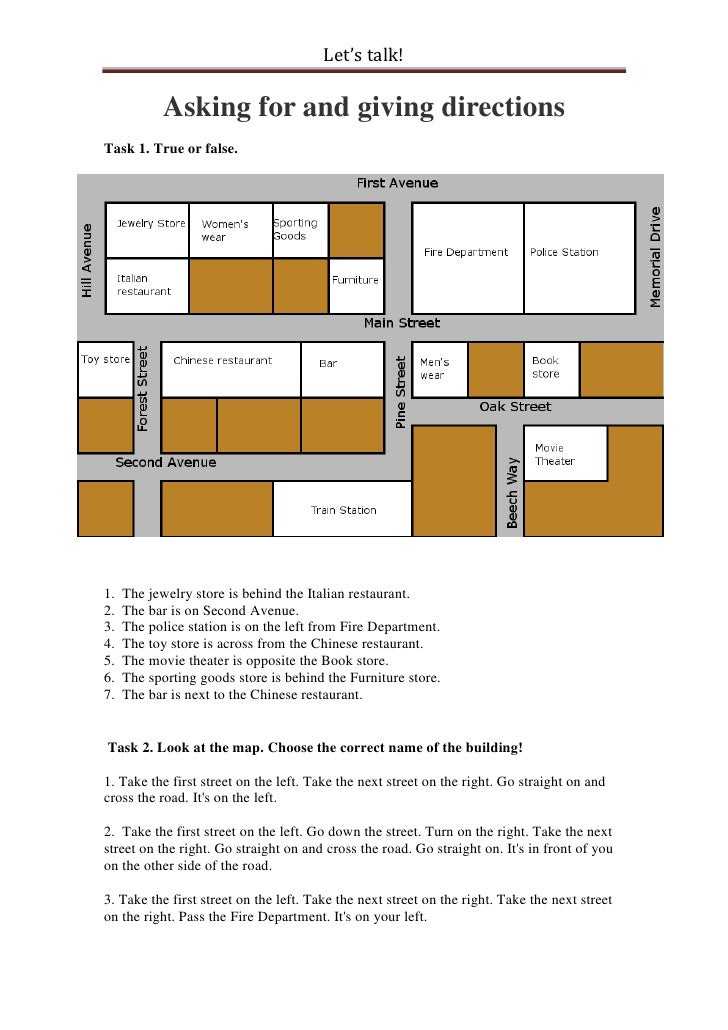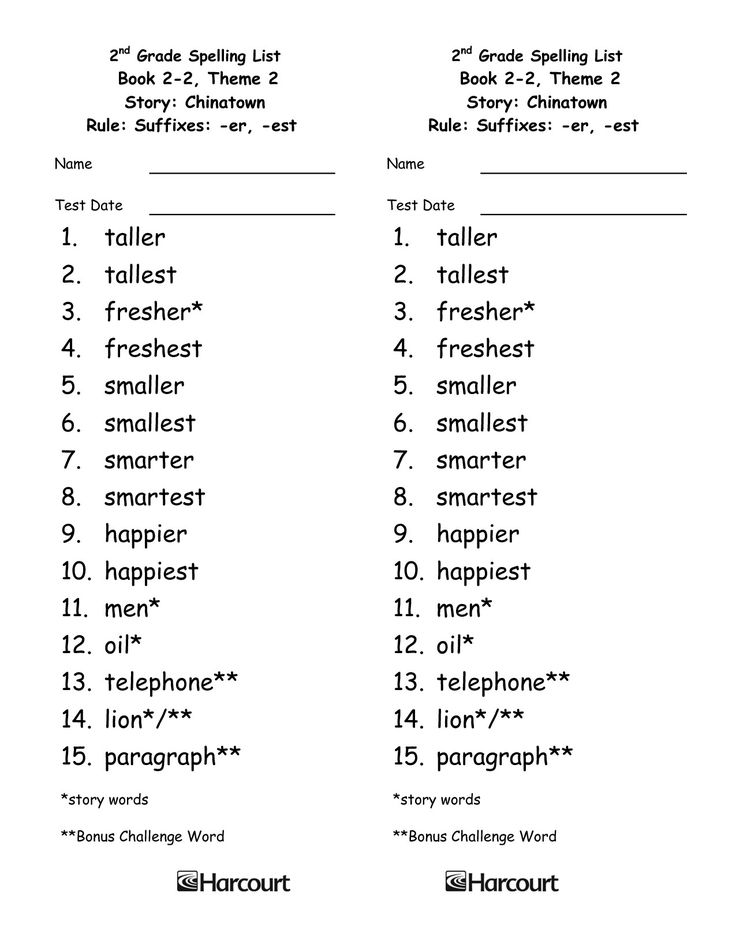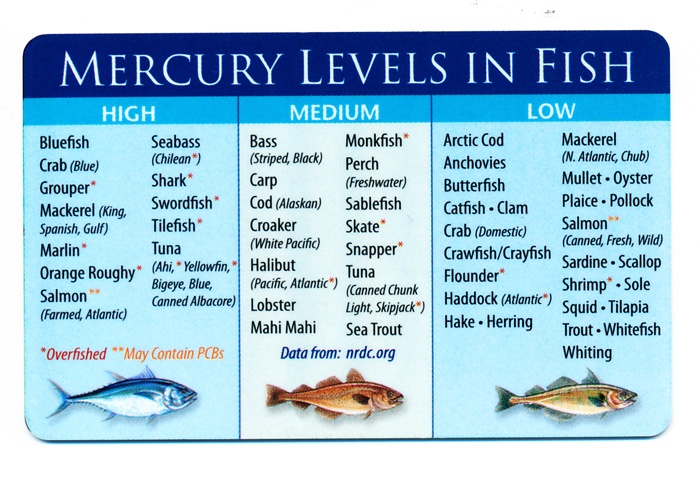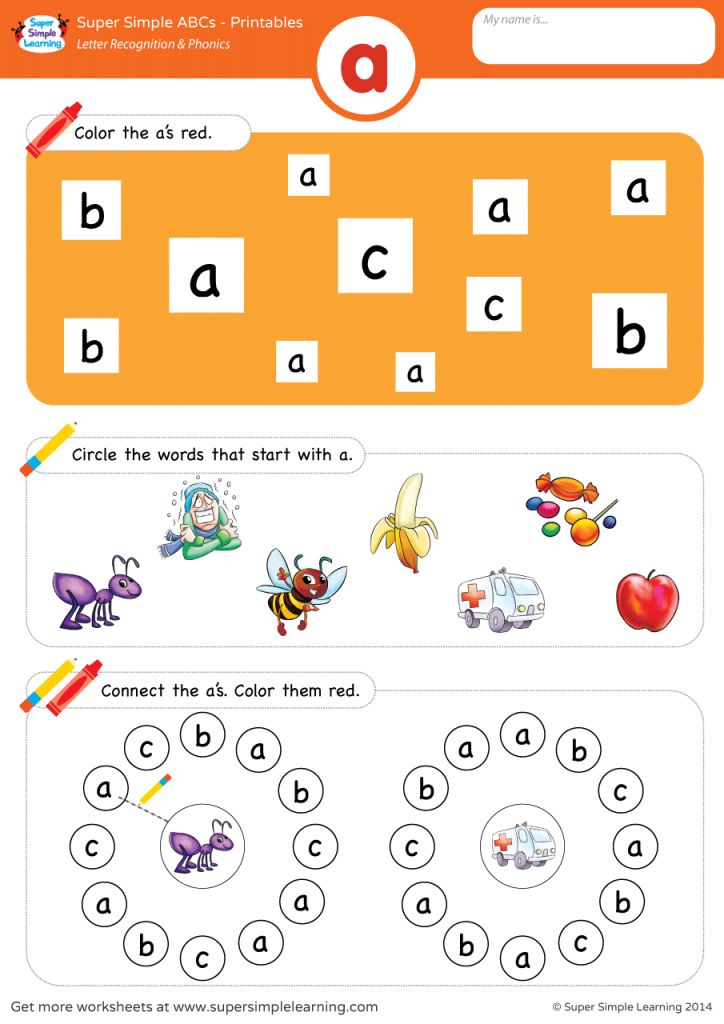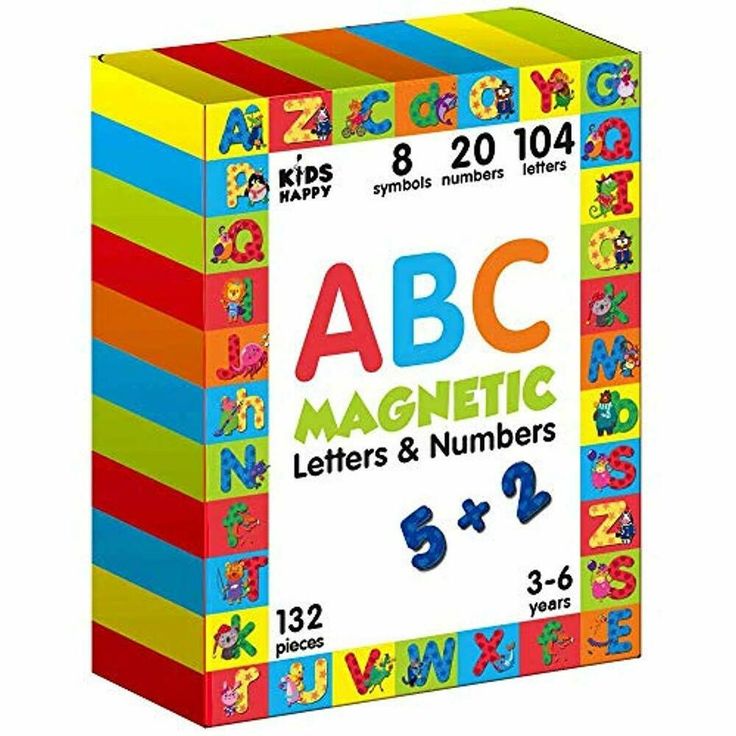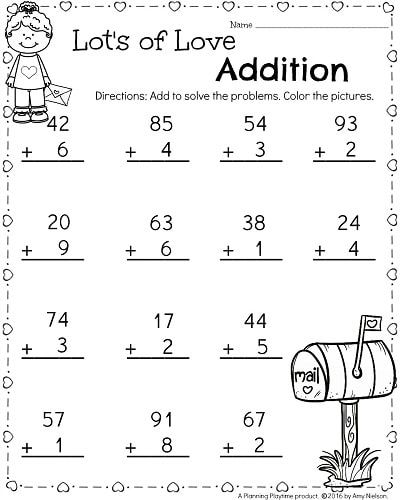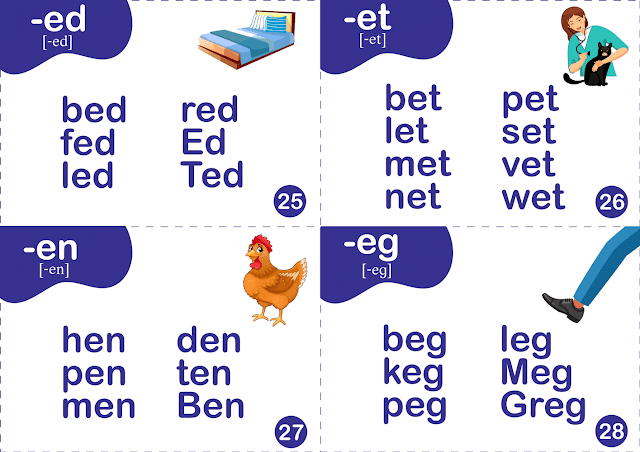Directions or instructions
Difference between Directions and Instructions
Key difference: Both, directions and instruction act as guidelines. The main difference between the two is the fact that instructions are mainly associated with instruction or teaching. Hence, instructions are given to teach somebody something. Directions, on the other hand, are in the form of guidelines. They are mainly utilized while guiding somebody into a particular direction. Directions are mainly associated with driving directions, which aim to get somebody from point A to point B.Directions and instructions are two terms that the often confused. A person may give someone the directions or instructions to do something. So what is the difference between the two and which should be used when?
Dictionary.com defines directions as:
- The act or an instance of directing.
- The line along which anything lies, faces, moves, etc., with reference to the point or region toward which it is directed: The storm moved in a northerly direction.
- The point or region itself: The direction is north.
- A position on a line extending from a specific point toward a point of the compass or toward the nadir or the zenith.
- A line of thought or action or a tendency or inclination: the direction of contemporary thought.
- Usually, directions. Instruction or guidance for making, using, etc.: directions for baking a cake.
- Order; command.
- Management; control; guidance; supervision: a company under good direction.
- A directorate.
- The name and address of the intended recipient as written on a letter, package, etc.
- Decisions in a stage or film production as to stage business, speaking of lines, lighting, and general presentation.
- The technique, act, or business of making such decisions, managing and training a cast of actors, etc.
- The technique, act, or business of directing an orchestra, concert, or other musical presentation or group.
- Music.
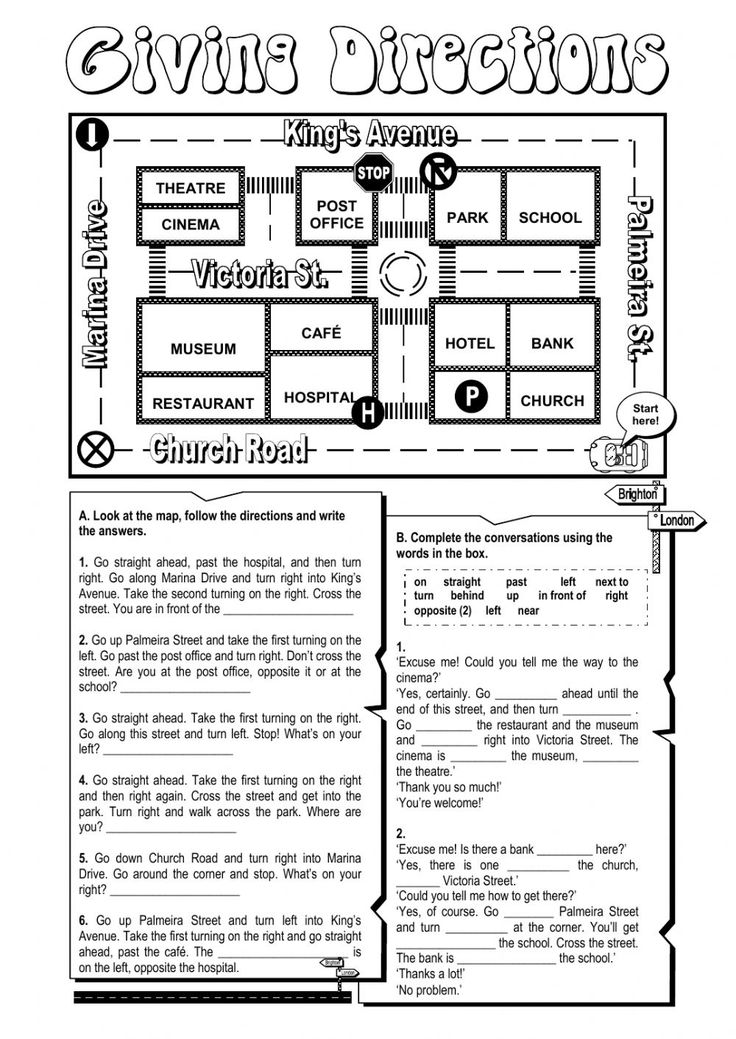 A symbol or phrase that indicates in a score the proper tempo, style of performance, mood, etc.
A symbol or phrase that indicates in a score the proper tempo, style of performance, mood, etc. - A purpose or orientation toward a goal that serves to guide or motivate; focus: He doesn't seem to have any direction in life.
While, instructions are defined as:
- The act or practice of instructing or teaching; education.
- Knowledge or information imparted.
- An item of such knowledge or information.
- Usually, instructions. orders or directions: The instructions are on the back of the box.
- The act of furnishing with authoritative directions.
- Computers. A command given to a computer to carry out a particular operation.
Both, directions and instruction act as guidelines. They often appear as a series of steps or stages one must complete one after the other. However, they do differ in some manners. The main difference between the two is the fact that instructions are mainly associated with instruction or teaching. Hence, instructions are given to teach somebody something. For example: instructions for cooking, instructions for knitting a scarf, instructions for building a dollhouse, instructions for completing a project, instructions for writing a report, instruction manual for any and all electronic appliances, etc.
Hence, instructions are given to teach somebody something. For example: instructions for cooking, instructions for knitting a scarf, instructions for building a dollhouse, instructions for completing a project, instructions for writing a report, instruction manual for any and all electronic appliances, etc.
Directions, on the other hand, are in the form of guidelines. They are mainly utilized while guiding somebody into a particular direction. Directions are mainly associated with driving directions, which aim to get somebody from point A to point B. However, they can be associated with anything that may lead somebody somewhere, especially in a particular direction. For example: Directions for setting up a federal program at a state level, directions for a successful career, a director directs players on stage, the managing director directs the company onto a good position in the market, the company is headed in a good direction, a musician directs the orchestra, etc.
Image Courtesy: twistynoodle.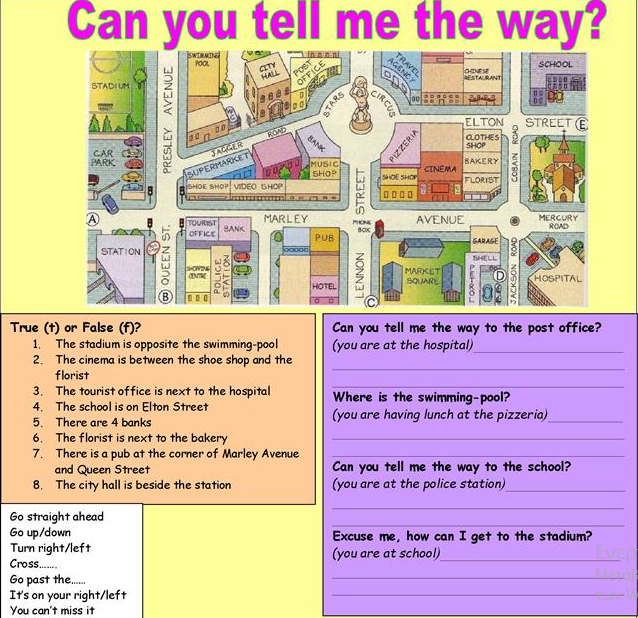 com, ngfl-cymru.org.uk
com, ngfl-cymru.org.uk
Difference Between Directions and Instructions
Directions and instructions are often used in daily scenarios by individuals. People have guidelines and guidance to exchange information.
Language Quiz
Language quiz helps us to increase our language skills
1 / 10
What is the term used to describe words that connect clauses or sentences?
Pronoun
Adverb
Adjective
Conjunction
2 / 10
Choose the antonym for the word "big":
Huge
Tiny
Minute
Small
3 / 10
Choose the word that means the same as "to misplace":
To lose
To find
To hide
To cover
4 / 10
Choose the word that is a synonym for "hasten":
Delay
Hurry
Slow
Procrastinate
5 / 10
What is the term used to describe a language that has evolved from a common ancestor?
Dialect
Creole
Pidgin
Lingua franca
6 / 10
What is a word that describes a noun?
Pronoun
Adverb
Adjective
Conjunction
7 / 10
Choose the word that is a synonym for "resilient":
Robust
Fragile
Delicate
Brittle
8 / 10
What type of language uses gestures and facial expressions to communicate?
Verbal language
Sign language
Body language
Written language
9 / 10
Which phrase is erroneous?
Should've
Should have
Should of
10 / 10
What is the term used to describe a word that is spelled the same forwards and backwards?
Palindrome
Antonym
Homonym
Synonym
Your score is
Directions vs.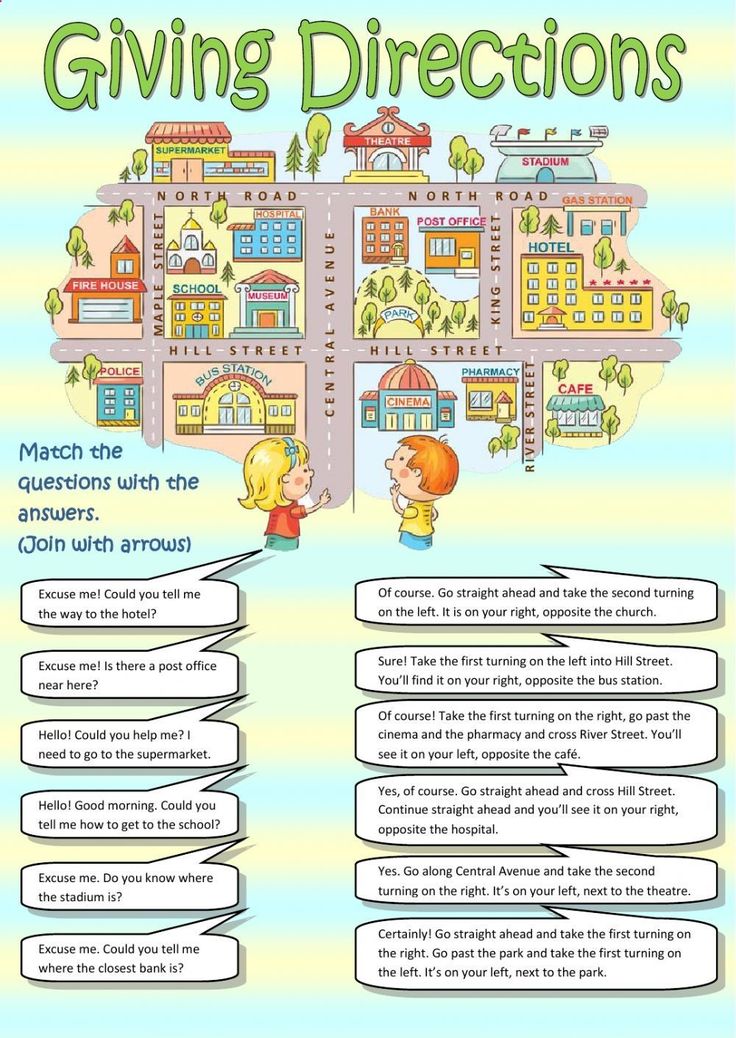 Instructions
InstructionsThe difference between Directions and Instructions is that Instructions are provided as a reference, while instructions on educating something are given. Instructions may be seen as a form for playing the task, whereas instructions are qualitative and contextual. The guidelines are just one part of the process: the guidance or supervision of the student’s activities, while the directives specify a general form of guiding another’s learning.
Want to save this article for later? Click the heart in the bottom right corner to save to your own articles box!
Directions are usually linked to sites. People sometimes ask for advice when attempting to get to a particular spot. The general principles are North, south, east, West, top, down, left, and right.
Instructions or steps required for a given occurrence are often directives. Instructions on completing a specific assignment are focused. They have a context and brief clarification of the steps and the performance.
| Parameters of Comparison | Directions | Instructions |
|---|---|---|
| Meaning | Guidance is directions | Commands are instructions. |
| Act | Directive | Knowledge means instruction |
| Implies | No spatial focus. | Space guidance |
| Goals | Worse formal and less abrasive | More structured and abrasive |
| Characteristic | Power to the governor a physical route. | Context and a brief clarification of the steps and the performance |
The term “direct,” which means guide, is rooted in the path. Reference to performing a task can be used as a guide. Instructions Dissolve a feature in a particular order into a sequence of acts.
For instance, you might ask for a 2-minute skip to the metaphor of your recipes in olive oil to sauté the onions.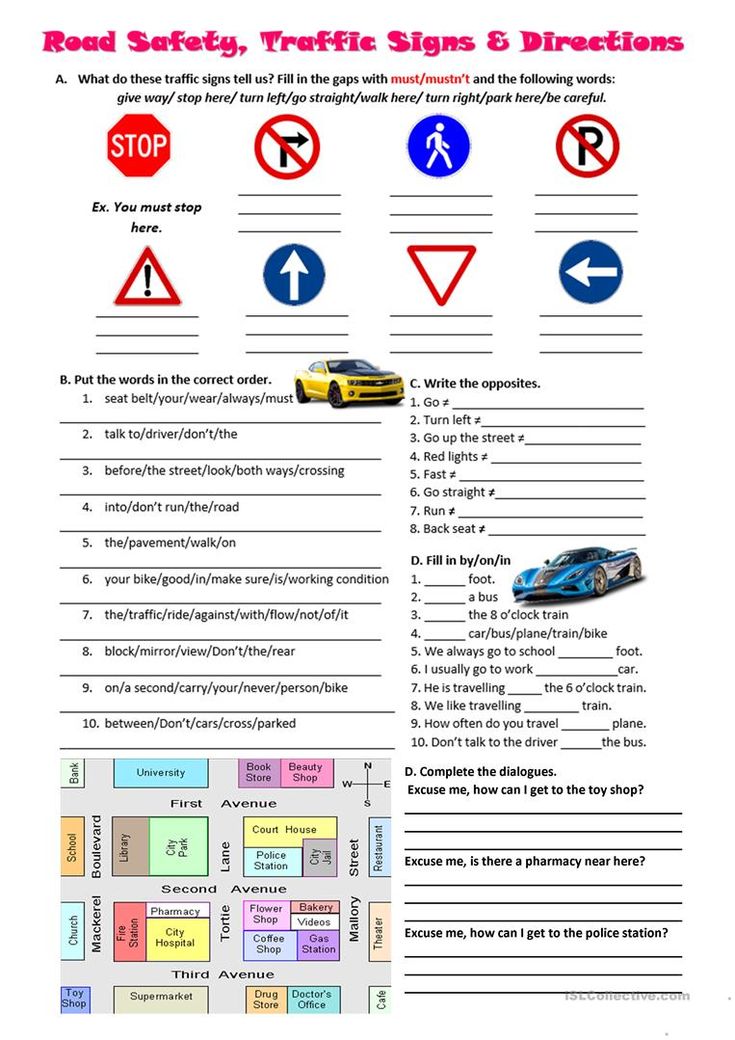 Leadership is only one part of the process: the course or control of the learner’s behavior.
Leadership is only one part of the process: the course or control of the learner’s behavior.
Guidance means that you try to influence someone. Guidance implies the power to govern or a physical route (go left, right, etc.)
Legislation is primarily an authority order that is usually issued. A directive is typically an order issued by an official. A Directive will establish policy, attach liabilities, identify objectives, and delegate powers.
What are the Instructions?The guidelines concern learning and construction in particular. If someone instructs you to do something, you don’t know how to do that now. It implies a little bit of instruction.
Instruction is the operation to be performed by the processor on load. Instructions are classified as instructions, paths, or commands, while guidelines are general law, theory, or advice.
Instructions are linked primarily to teaching or learning various learning methods, covering studies, tasks, exams, lessons, tutoring, and more.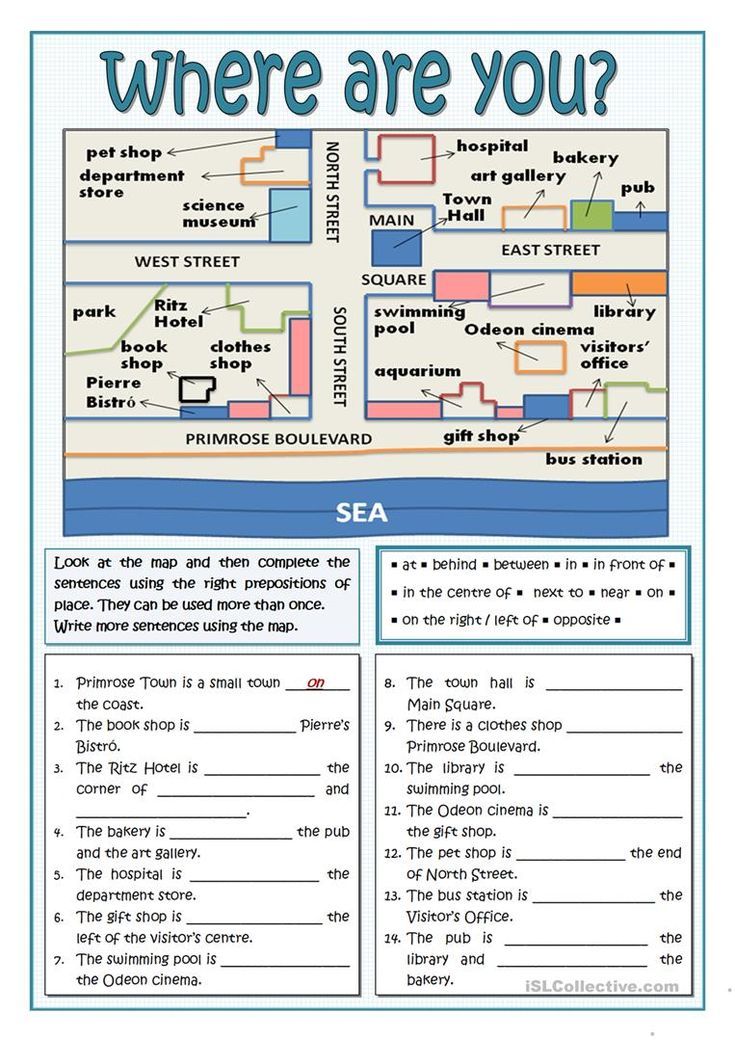
There are instructions to train anything to anyone. His examples include cooking instructions, scarfing instructions, structure instructions for a dollhouse, mission instructions, instructions for completing all electrical equipment, etc.
Another case in point: a geographic area to be organized for an epidemic may be set out by the World Health Organization (WHO).
Main Differences Between Directions and Instructions- Directions are the general trend toward future action, whereas instructions are specific guidance or experience provided.
- The instructions are the rules, whereas directions are the orders.
References
- https://link.springer.com/chapter/10.1007/3-540-48384-5_5
- https://www.tandfonline.com/doi/abs/10.1080/01638539909545067
One request?
I’ve put so much effort writing this blog post to provide value to you. It’ll be very helpful for me, if you consider sharing it on social media or with your friends/family. SHARING IS ♥️
SHARING IS ♥️
Emma Smith
Emma Smith holds an MA degree in English from Irvine Valley College. She has been a Journalist since 2002, writing articles on the English language, Sports, and Law. Read more about me on her bio page.
Job description of the head of the recruitment department
I APPROVE
General Director
company name _______________________________
signature _______________________________ / full name _______________________________
date "___" ____________ 202__
I. General provisions
1.1. In his activities, the Employee must be guided by:
- The current legislation of the Russian Federation.
- Internal labor regulations and other LNA of the Company.
- Orders and orders of the General Director and other authorized persons.
- This Job Description.
- Other instructions received from the immediate supervisor.
- Regulatory legal documents, methodological and regulatory materials relating to the activities of the Company.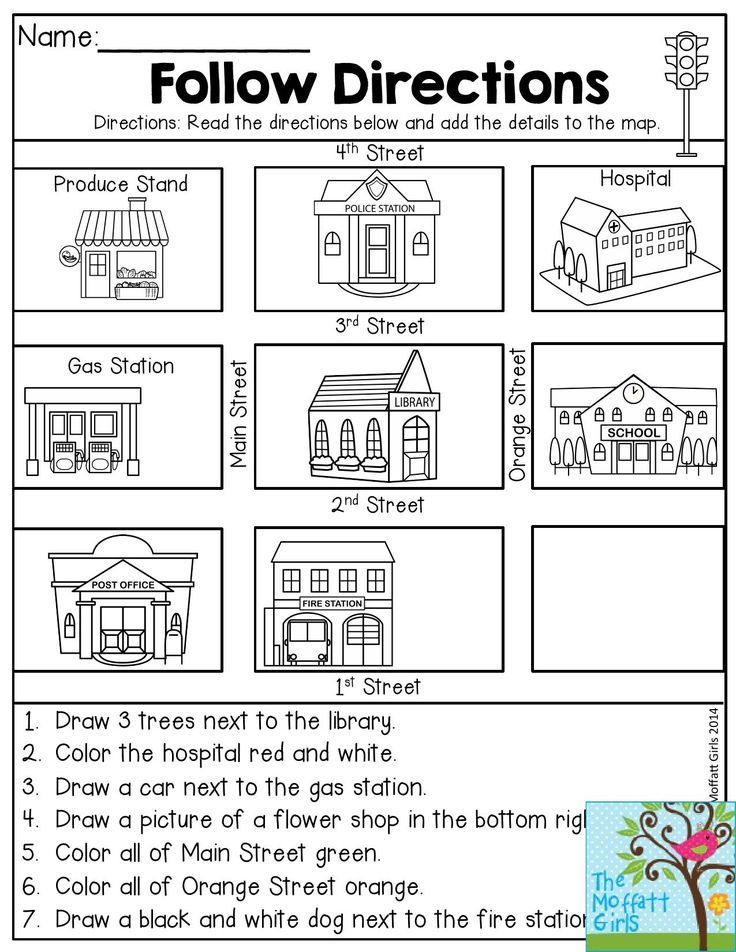
- Policies and instructions for the organization of document management, rules for its maintenance and reporting forms. Documents regulating the internal processes of the Company.
- Legislation on the processing of personal data, carried out without the use and with the use of automation.
- Rules and norms of labor protection, industrial sanitation and fire safety.
- Instructions for working with computer technology, communications and communications; methods of information processing using modern technical means of communication and communication, computers.
1.2. know MS PowerPoint, MS Word, MS Excel, MS Outlook and other required programs used by the Company.
During the absence of the Employee, his functional duties, responsibility, rights are assigned to another person appointed in the prescribed manner.
II. Job responsibilities of the head of the recruitment department
The head of the recruitment department performs the following job responsibilities:
2.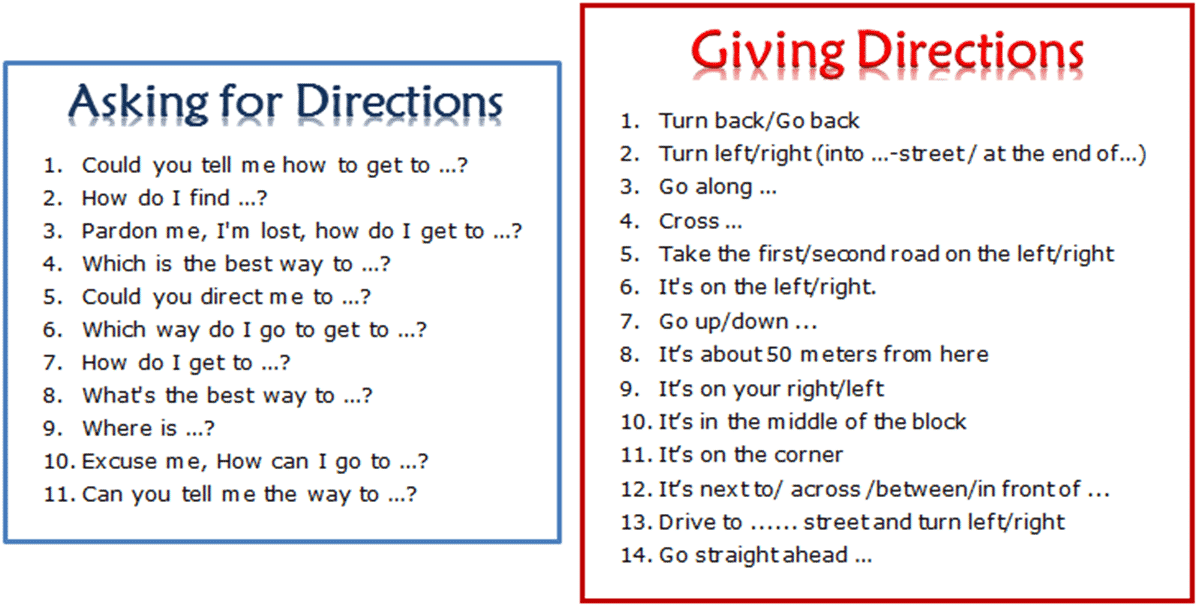 1. Organizes and coordinates the activities of the recruitment department.
1. Organizes and coordinates the activities of the recruitment department.
2.2. Develops normative and regulatory documentation of the department.
2.3. Developing a recruitment system.
2.4. Identifies the company's staffing needs.
2.5. Searches for effective sources of attracting candidates.
2.6. Supervises the implementation of recruitment deadlines.
2.7. Monitors compliance by subordinate employees with the requirements and provisions of the LNA of the company and the legislation of the Russian Federation.
2.8. Recruiting employees for open vacancies in the company.
2.9. Recruits, trains and develops subordinate employees.
2.10. Organizes and implements activities for the adaptation of new employees.
2.11. Develops measures to reduce staff turnover during the trial period.
2.12. Prepares, coordinates, controls the execution of the budget of the department.
2.13. Analyzes labor market trends (salary offers, recruitment methods, etc.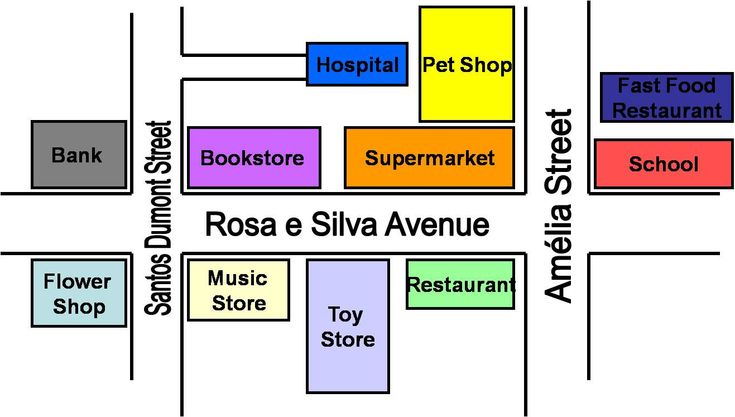 ).
).
2.14. Generates and timely provides reports and analytics on recruitment.
2.15. Interacts with the Company's managers on recruitment and adaptation of personnel.
2.16. Participates in projects of the Human Resources Department.
2.17. Participates in the resolution of labor disputes and conflicts.
III. Qualification requirements
3.1. Knowledge and skills
- Knowledge of the basics of labor legislation.
- Successful negotiation and successful presentation skills.
- Developed personal leadership and communication skills.
3.2. Required qualifications (including education)
- Higher Education (preferably - personnel management, economics, management).
- Confident user of MS Office applications.
- Knowledge of modern recruitment methods and tools.
- Knowledge of modern methods of professional and personal assessment of candidates.
3.3. Requirements for practical work experience
- Experience in the field of personnel selection from 3 years.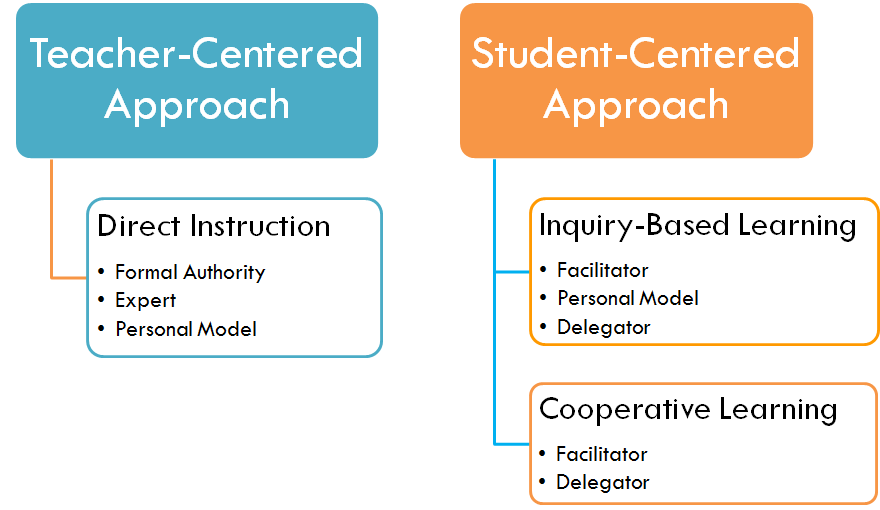
- Experience in the field of personnel management from 4 years is preferred.
- Experience in a leadership position in the field of personnel management from one year.
- Successful experience in the search and selection of personnel in the field of sales. Bulk recruiting experience preferred.
- Experience in closing vacancies for middle and senior managers.
- Knowledge of recruitment automation systems.
- Experience in compiling competency models and job profiles.
- Experience in preparing presentations and speeches in front of an audience.
An employee may also receive other tasks from his immediate supervisor as part of his work function, both in writing and orally.
I am familiar with the instructions:
signature _______________________________ / full name _______________________________
date "___" ____________ 202__
Order of the Ministry of Internal Affairs on approval of the Instruction on the procedure for sending and organizing the activities of police officers in foreign countries
Registered with the Ministry of Justice of the Russian Federation on February 8, 2010
Registration N 16292 August 27, 2007 N 1104 "On representatives of the Ministry of Internal Affairs of the Russian Federation in foreign states" 1 - I order:
1.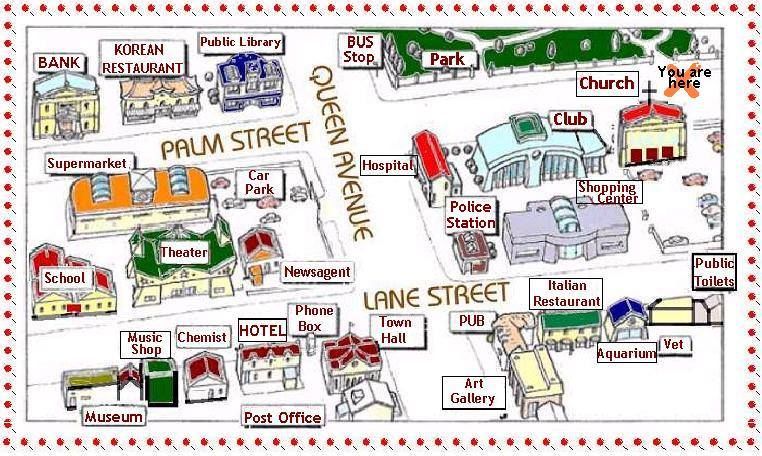 Approve the attached Instruction on the procedure for sending and organizing the activities of representatives of the Ministry of Internal Affairs of the Russian Federation in foreign states.
Approve the attached Instruction on the procedure for sending and organizing the activities of representatives of the Ministry of Internal Affairs of the Russian Federation in foreign states.
2. Establish that the head unit in the system of internal affairs bodies of the Russian Federation for organizing the activities of representatives of the Ministry of Internal Affairs of the Russian Federation in foreign states is the Administrative Department of the Ministry of Internal Affairs of Russia.
3. Heads of subdivisions of the central office of the Ministry of Internal Affairs of Russia, subdivisions directly subordinate to the Ministry of Internal Affairs of Russia, heads of main departments of the Ministry of Internal Affairs of Russia for federal districts, ministers of internal affairs, heads of main departments, departments of internal affairs for the constituent entities of the Russian Federation, heads of internal affairs departments at the railway, water and air transport, departments (departments) of internal affairs in closed administrative-territorial formations, at especially important and sensitive facilities, logistics departments, research, educational and medical institutions of the system of the Ministry of Internal Affairs of Russia to organize the study and ensure strict implementation of the approved by order of the Instruction.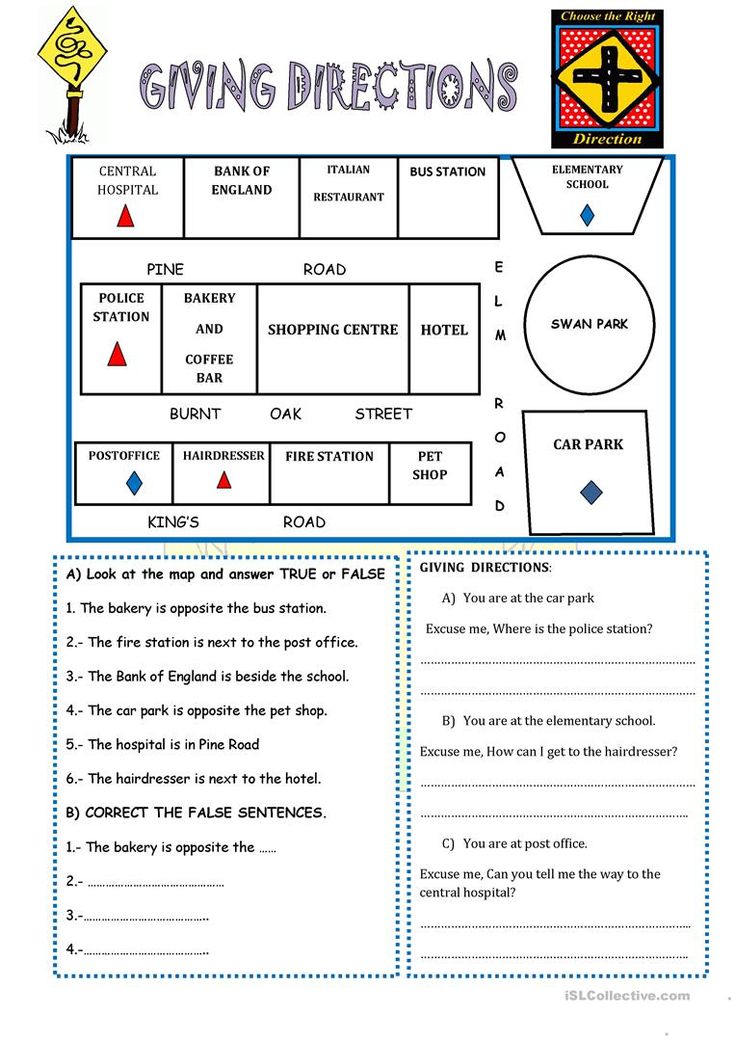
4. To impose control over the implementation of this order on the Secretary of State - Deputy Minister of Internal Affairs of the Russian Federation, Colonel-General of Militia N.A. Ovchinnikov.
Minister
General of the Army R. Nurgaliev
1 Collection of Legislation of the Russian Federation, 2007, N 36, art. 4365.
Appendix
Instructions on the procedure for sending and organizing the activities of representatives of the Ministry of Internal Affairs of the Russian Federation in foreign states
I. General Provisions
1. This Instruction defines the main tasks, the procedure for selecting, registering, sending and organizing the activities of representatives of the Ministry of Internal Affairs of the Russian Federation in foreign states and their deputies 1 .
2. Representatives carry out their activities in accordance with the Constitution of the Russian Federation, generally recognized principles and norms of international law, international treaties of the Russian Federation, federal constitutional laws, federal laws, decrees and orders of the President of the Russian Federation, resolutions and orders of the Government of the Russian Federation, regulatory legal acts of the Ministry of Internal Affairs of the Russian Federation 2 and the Ministry of Foreign Affairs of the Russian Federation 3 , as well as this Instruction.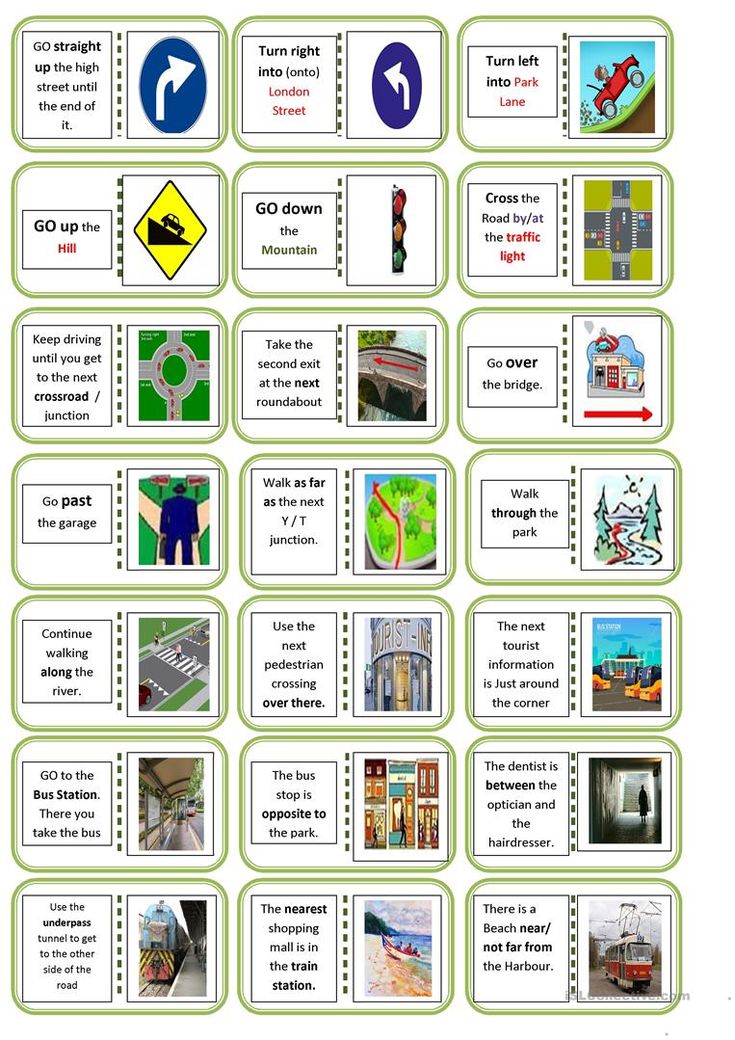 When exercising their functions abroad, representatives shall respect the norms, laws, customs and traditions of the host state.
When exercising their functions abroad, representatives shall respect the norms, laws, customs and traditions of the host state.
3. The procedure for sending and organizing the activities of representatives abroad is determined by this Instruction and the Agreement between the Ministry of Internal Affairs of the Russian Federation and the Ministry of Foreign Affairs of the Russian Federation on the procedure for sending and conditions for the activities of representatives of the Ministry of Internal Affairs of the Russian Federation and their deputies in foreign states dated August 27 2009year 4 .
4. The organization of representatives' activities is coordinated by the Secretary of State - Deputy Minister of Internal Affairs of the Russian Federation.
Direct management of the activities of representatives on operational issues is carried out by the Department for the Organization of International Cooperation of the Administrative Department of the Ministry of Internal Affairs of Russia 5 , on issues of service - the Protocol Support Center of the Ministry of Internal Affairs of Russia 6 .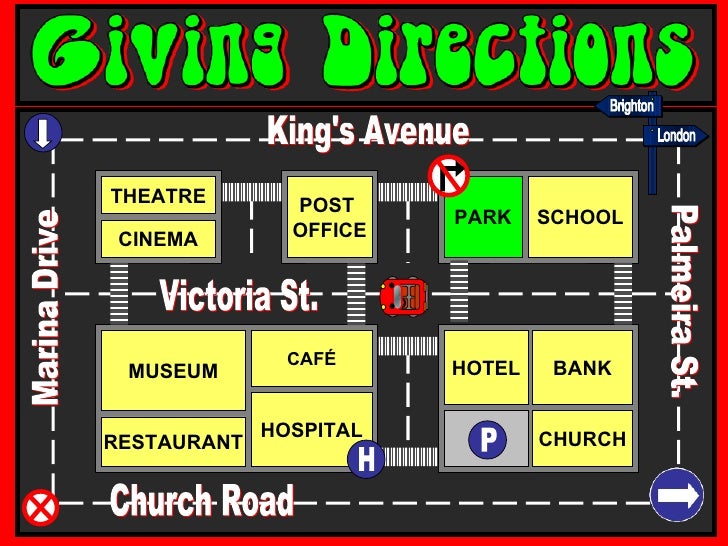
II. Main tasks of representatives
5. Representatives, under the control and in agreement with the head of the diplomatic mission of the Russian Federation in the host state, implement the following tasks:
5.1. Ensuring the interaction of the Ministry of Internal Affairs of Russia with the competent authorities of the host state.
5.2. Conducting an analysis of the legislation of the host state in the field of combating crime and presenting the results to the Ministry of Internal Affairs of Russia and the foreign office of the Russian Ministry of Foreign Affairs in the host state.
5.3. Participation, in agreement with the leadership of the Ministry of Internal Affairs of Russia, in the work of international conferences, seminars and other events within the framework of international cooperation.
5.4. Participation in the preparation of draft international treaties in the field of combating crime, concluded by the Russian Federation with the host state.
5.5. Participation in the preparation of draft agreements between the law enforcement agencies of the host state and the Ministry of Internal Affairs of Russia, the development of proposals for improving the international legal framework and the development of cooperation between the Ministry of Internal Affairs of Russia and the competent authorities of the host state on combating crime.
5.6. Conducting, within its competence, negotiations and consultations with representatives of the competent authorities of the host state.
5.7. Receiving requests, informational and other materials from the competent authorities of the host state and sending them to the Ministry of Internal Affairs of Russia (if possible, with translation into Russian).
5.8. Transfer in the prescribed manner to the competent authorities of the host state of requests, information and other materials received from the Ministry of Internal Affairs of Russia.
5.9. Assistance to the delegations of the Ministry of Internal Affairs of Russia in solving the tasks assigned to them in the host state, participation in the work of delegations.
5.10. Implementation, within the limits of its competence, together with the EMC AD of the Ministry of Internal Affairs of Russia, of analyzing the effectiveness of international cooperation.
5.11. Studying the experience, forms and methods of activity of the competent authorities of the host state in the field of combating crime, including those of a cross-border nature.
5.12. Preparation and submission to the Ministry of Internal Affairs of Russia of reports on the work done, as well as information and analytical materials.
5.13. Holding, in agreement with the leadership of the Ministry of Internal Affairs of Russia and the head of the diplomatic mission of the Russian Federation in the host state, official receptions (protocol events).
5.14. Implementation, in agreement with the leadership of the Ministry of Internal Affairs of Russia and the head of the diplomatic mission of the Russian Federation in the host state, interaction with the media of the host state within the framework of competence when covering issues of the activities of the Ministry of Internal Affairs of Russia.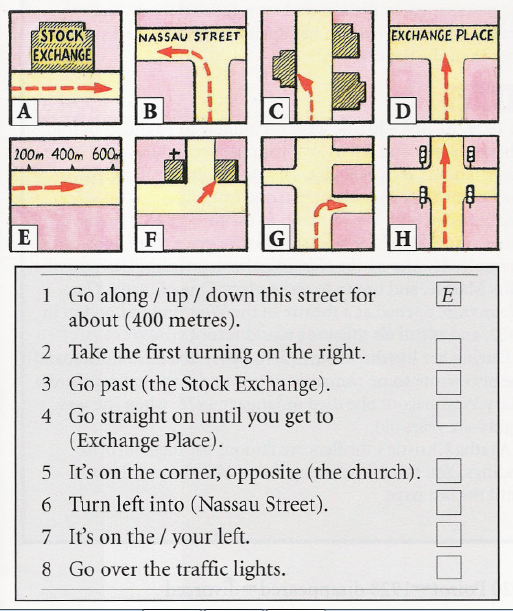
5.15. Fulfillment of other instructions of the Ministry of Internal Affairs of Russia and assistance in the exercise of powers to the head of the diplomatic mission of the Russian Federation in the host state.
III. The procedure for the selection, registration and secondment of representatives
6. Representatives are appointed to the position from among the employees of the units of the central apparatus of the Ministry of Internal Affairs of Russia, units directly subordinate to the Ministry of Internal Affairs of Russia, internal affairs bodies, other organizations and units of the system of the Ministry of Internal Affairs of Russia 7 and are dismissed from this position by the Minister of Internal Affairs of the Russian Federation in agreement with the Russian Foreign Ministry.
Representatives are sent to foreign states in agreement with the Russian Foreign Ministry and the competent authorities of these states, perform their functions as part of the diplomatic missions of the Russian Federation without being included in their staffing.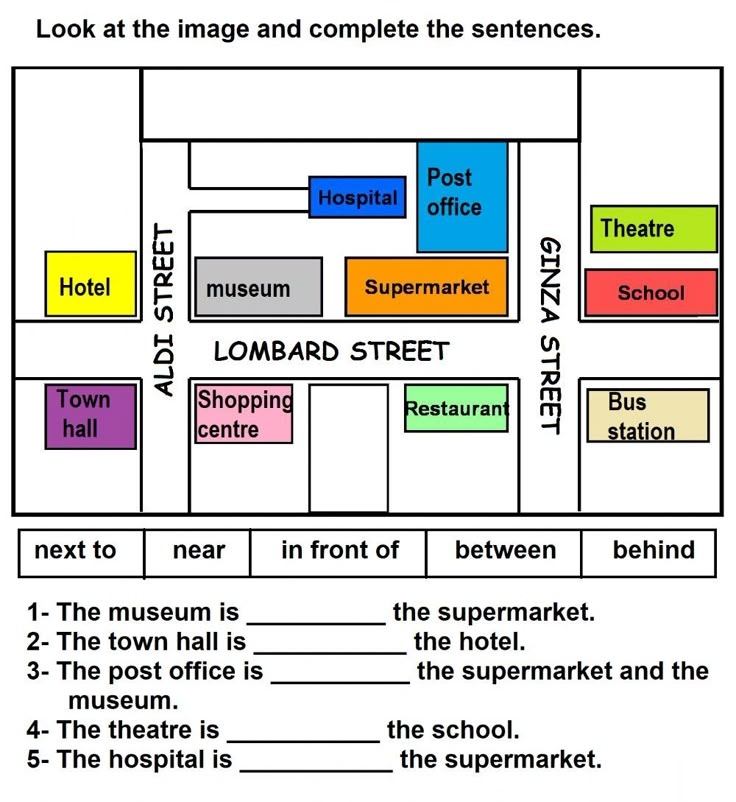
7. The organization of work on the selection of representatives for sending to foreign countries is carried out by the EMC AD of the Ministry of Internal Affairs of Russia together with other interested bodies (divisions) of the system of the Ministry of Internal Affairs of Russia.
Organization of work on the registration and sending of representatives to foreign countries is carried out by the Center for Professional Education of the Ministry of Internal Affairs of Russia in accordance with the Agreement on the procedure for sending and conditions for the activities of representatives.
8. The selection of candidates for the positions of representatives 8 is carried out in accordance with the Plan for filling the positions of representatives 9 , which is developed annually by February 1 of the planned year by the UMC AD of the Ministry of Internal Affairs of Russia and submitted for approval to the Minister of Internal Affairs of the Russian Federation.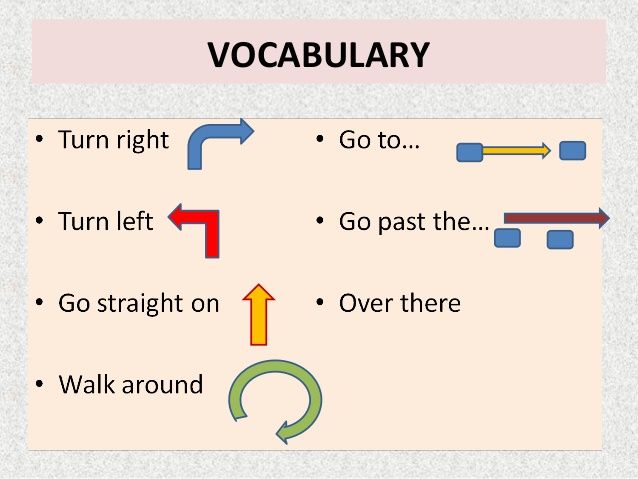
9. On the basis of the Plan of the UMS AD, the Ministry of Internal Affairs of Russia prepares proposals for candidates from among the employees of the bodies (divisions) of the system of the Ministry of Internal Affairs of Russia.
10. A candidate for the position of representative must meet the following requirements:
10.1. Have at least 5 years of experience in operational and service activities in senior positions in law enforcement agencies, of which at least 2 years - in the internal affairs bodies of the Russian Federation.
10.2. Have a form of access to information constituting a state secret, necessary to fulfill the duties of the position.
10.3. Be proficient in the state language and the language of business communication of the host state.
10.4. Own a personal computer at the user level.
10.5. Have a driver's license for the right to drive a vehicle of category "B" and confident driving skills.
10.6. The state of health of the candidate and his family members must allow them to be in the climatic conditions of the receiving state.
11. The candidate must have high professional training and work experience, necessary knowledge in the field of international law, national legislation of the host state and international relations, including relations between the Russian Federation and the host state.
12. Heads of bodies (divisions) of the system of the Ministry of Internal Affairs of Russia, representing candidates, send the following documents to the EMS AD of the Ministry of Internal Affairs of Russia:
personal file of the candidate;
service record;
medical certificate on the possibility of service and residence of the candidate and his family members in a foreign country; for countries with severe climatic conditions - the conclusion of the military medical commission on the possibility of service and residence of the candidate and his family members in a foreign state;
a candidate's report addressed to the Minister of Internal Affairs of the Russian Federation, agreed with the head of the body (division) in which he serves, on the consideration of an employee's candidacy for the position of representative on the conditions specified in these Instructions.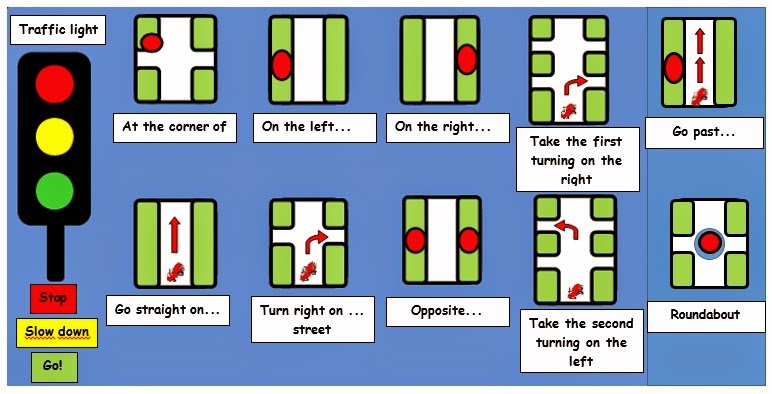
13. The Administration of AD of the Ministry of Internal Affairs of Russia considers the documents received for the candidate, ensures the approval of his candidacy for the position of representative with the Ministry of Foreign Affairs of Russia.
14. Upon receipt of a positive decision from the Ministry of Foreign Affairs of Russia, the UMC AD of the Ministry of Internal Affairs of Russia prepares, in accordance with the established procedure, a report with a proposal to appoint a candidate for the position of representative, after which it is submitted for consideration by the Minister of Internal Affairs of the Russian Federation.
15. Prior to being sent to a foreign state, the candidate undergoes an internship in the subdivisions of the Ministry, in the Ministry of Foreign Affairs of Russia and other interested executive authorities of the Russian Federation.
Upon completion of the internship, the CPO of the Ministry of Internal Affairs of Russia draws up a conclusion on the readiness of the employee appointed to the position of representative to be sent to the corresponding foreign state, which is approved by the head of the AD of the Ministry of Internal Affairs of Russia.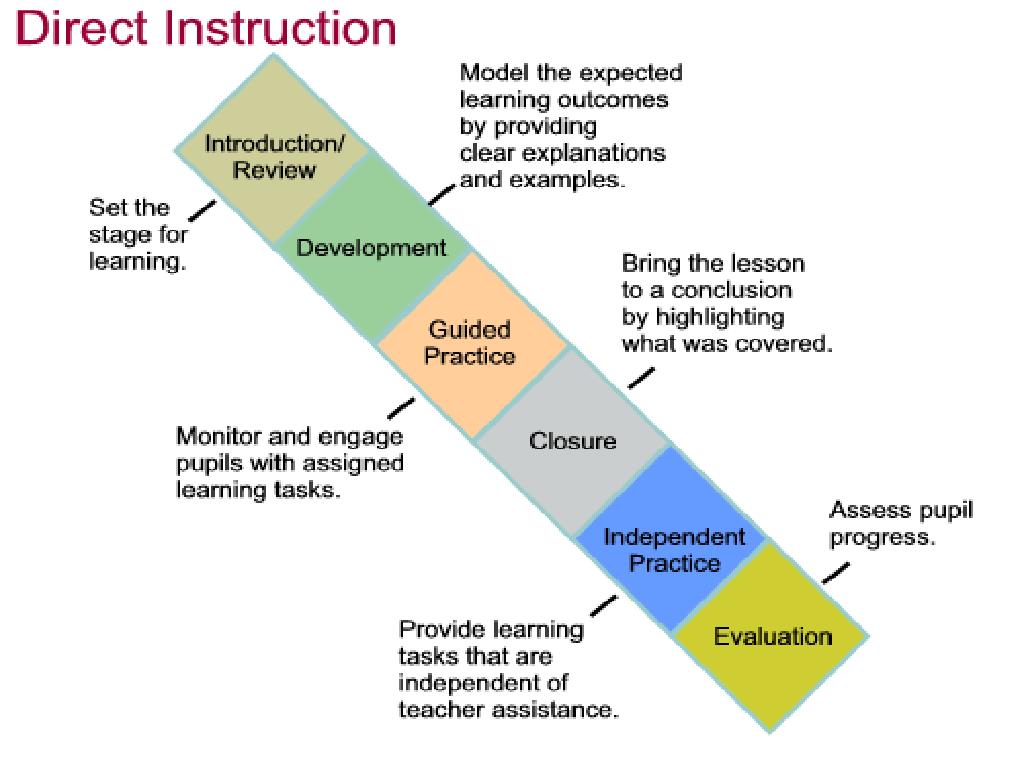
16. The candidate and his family members are issued foreign passports and visas corresponding to their status. With an employee, on whose candidacy a positive decision was made by the Minister of Internal Affairs of the Russian Federation, a contract is concluded for service in the internal affairs bodies of the Russian Federation 10 according to the established form (appendix to this Instruction).
17. TsPO of the Ministry of Internal Affairs of Russia on the basis of the decision of the Minister of Internal Affairs of the Russian Federation, the proposal to appoint a candidate for the position of representative, the letter of the Ministry of Foreign Affairs of Russia on the approval of the candidacy, contract, medical certificate on the possibility of serving and living the candidate and his family members in a foreign state ( for countries with severe climatic conditions - the conclusion of the military medical commission on the possibility of serving and living for the candidate and his family members in a foreign state) prepares a draft order of the Ministry of Internal Affairs of Russia on the appointment of a candidate to the appropriate position.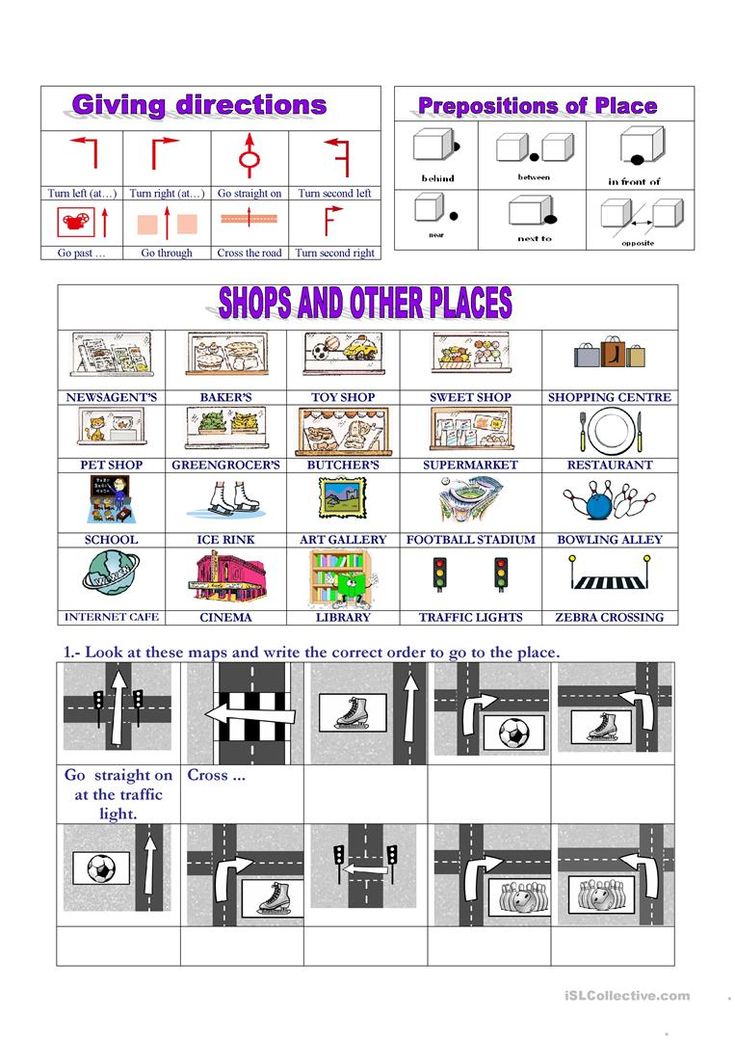
18. Appointment to the position of a representative is formalized by order of the Ministry of Internal Affairs of Russia on personnel. The order indicates the period for which the employee is sent to a foreign country.
19. An employee is sent to work as a representative for a period specified in the contract, but not more than 3 years with the possibility of extension for not more than 1 year.
20. At the end of the contract, as well as in the event of early termination of the contract on the grounds provided for by the legislation of the Russian Federation, including the regulatory legal acts of the Ministry of Internal Affairs of Russia, and the Agreement on the procedure for sending and conditions for the activities of representatives, the employee holding the position of representative is released from office by order of the Ministry of Internal Affairs of Russia on personnel and until a decision is made on dismissal from the internal affairs bodies of the Russian Federation or appointment to another position, is transferred to the disposal of the component body of the Ministry of Internal Affairs of Russia in the prescribed manner.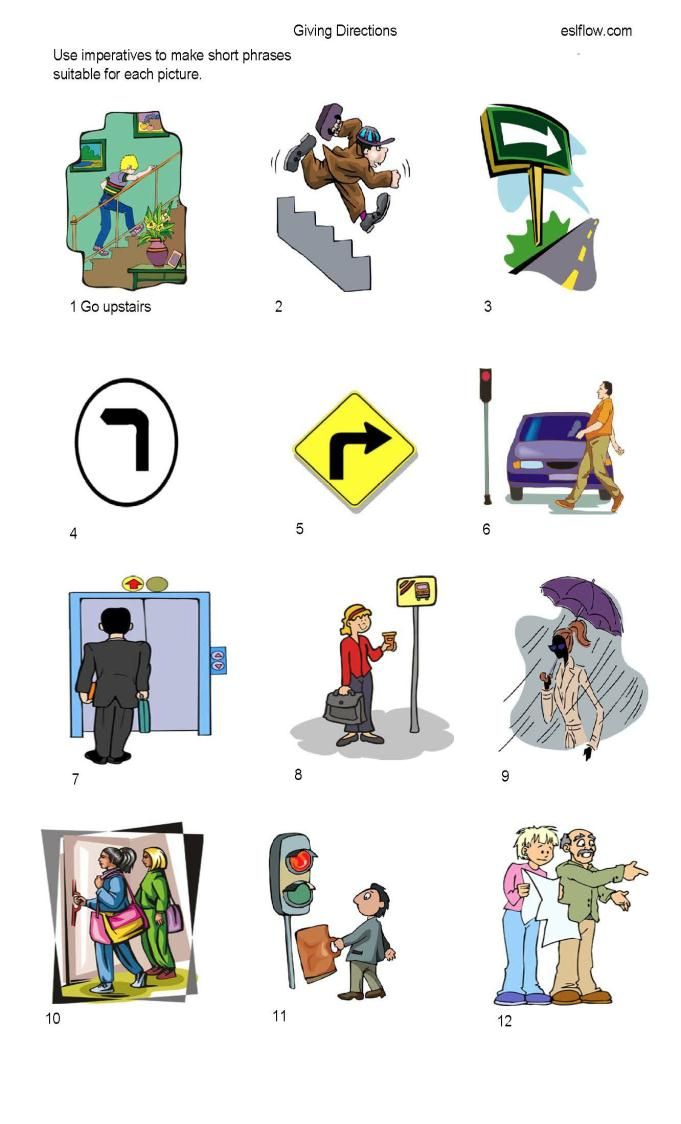
IV. The procedure for organizing the activities of representatives
21. By decision of the Minister of Internal Affairs of the Russian Federation and in agreement with the Ministry of Foreign Affairs of Russia and the competent authorities of foreign states, representatives can perform the tasks assigned to them to cooperate with the competent authorities of several foreign states with permanent residence in one of them .
22. Representatives carry out their activities under the general guidance and control of the head of the diplomatic mission of the Russian Federation in the host state, coordinate their activities with him in the prescribed manner, assist him in exercising his powers and regularly inform him of the content of their work.
23. Representatives carry out business trips to the Russian Federation, as well as third countries with the consent of the leadership of the Ministry of Internal Affairs of Russia and in the manner prescribed for employees of the diplomatic mission of the Russian Federation in the host state.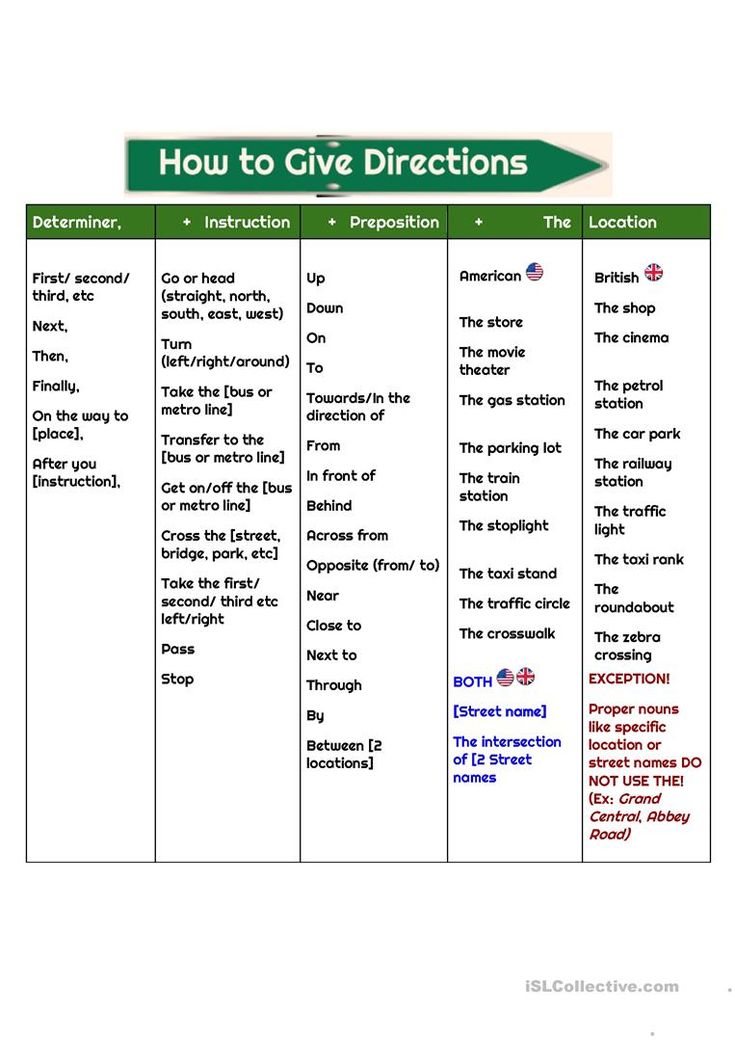
24. Representatives of the Ministry of Internal Affairs of Russia in foreign countries organize the activities of their deputies, are their immediate superiors, and are responsible for the quality performance of their duties established by this Instruction and regulatory legal acts of the Ministry of Internal Affairs of Russia.
25. Representatives who have access to information constituting state secrets are responsible for the safety of this information and the observance of the secrecy regime. Measures to maintain secrecy are carried out in accordance with the requirements of the legislation of the Russian Federation.
26. When a representative is sent to a foreign state, the EMC AD of the Ministry of Internal Affairs of Russia, together with interested departments of the Ministry of Internal Affairs of Russia, develops a job assignment for him indicating the main areas of work and priority tasks that need to be addressed in the host state. The job assignment is approved by the Secretary of State - Deputy Minister of Internal Affairs of the Russian Federation.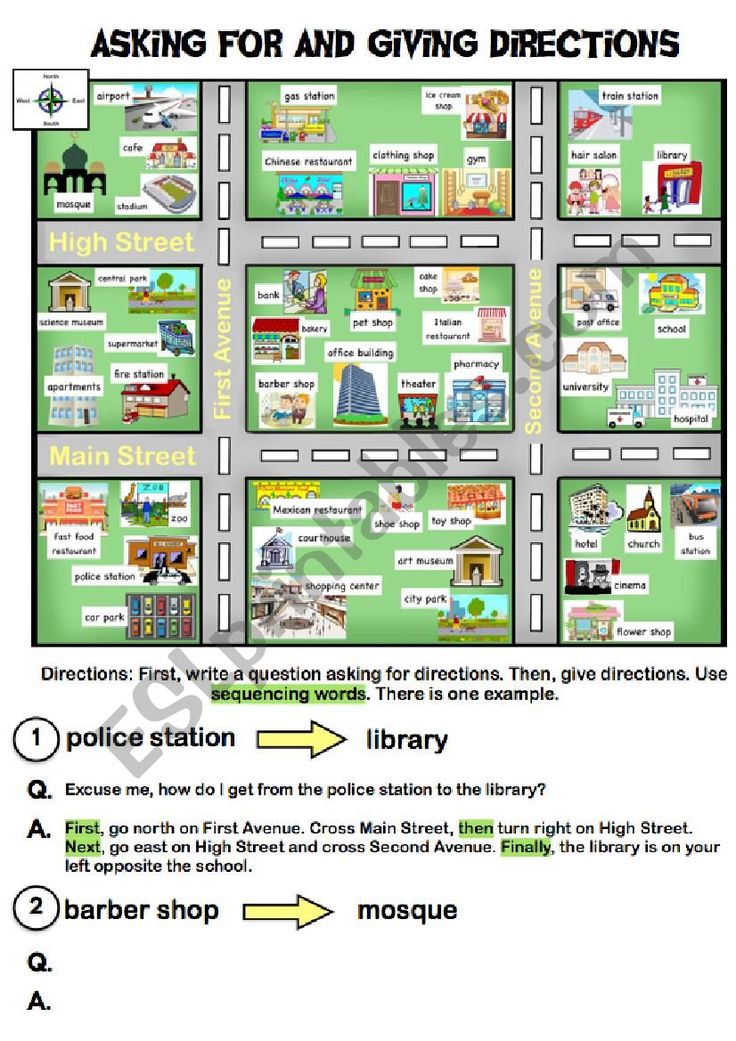 If necessary, changes and additions may be made to the job assignment, which are also approved by the Secretary of State - Deputy Minister of Internal Affairs of the Russian Federation.
If necessary, changes and additions may be made to the job assignment, which are also approved by the Secretary of State - Deputy Minister of Internal Affairs of the Russian Federation.
27. The reason for the departure of the representative on annual leave is the decision of the leadership of the Ministry of Internal Affairs of Russia on the relevant report indicating the date and place of its holding, previously agreed with the head of the diplomatic mission of the Russian Federation in the host state.
28. Financial and material support of representatives is carried out in accordance with the procedure established by the legislation of the Russian Federation and regulatory legal acts of the Ministry of Internal Affairs of Russia.
29. Representatives of the Ministry of Internal Affairs of Russia in foreign countries, in accordance with the requirements of regulatory legal acts of the Ministry of Internal Affairs of Russia, submit to the Ministry of Internal Affairs of Russia reports of the established form on their financial and economic activities.